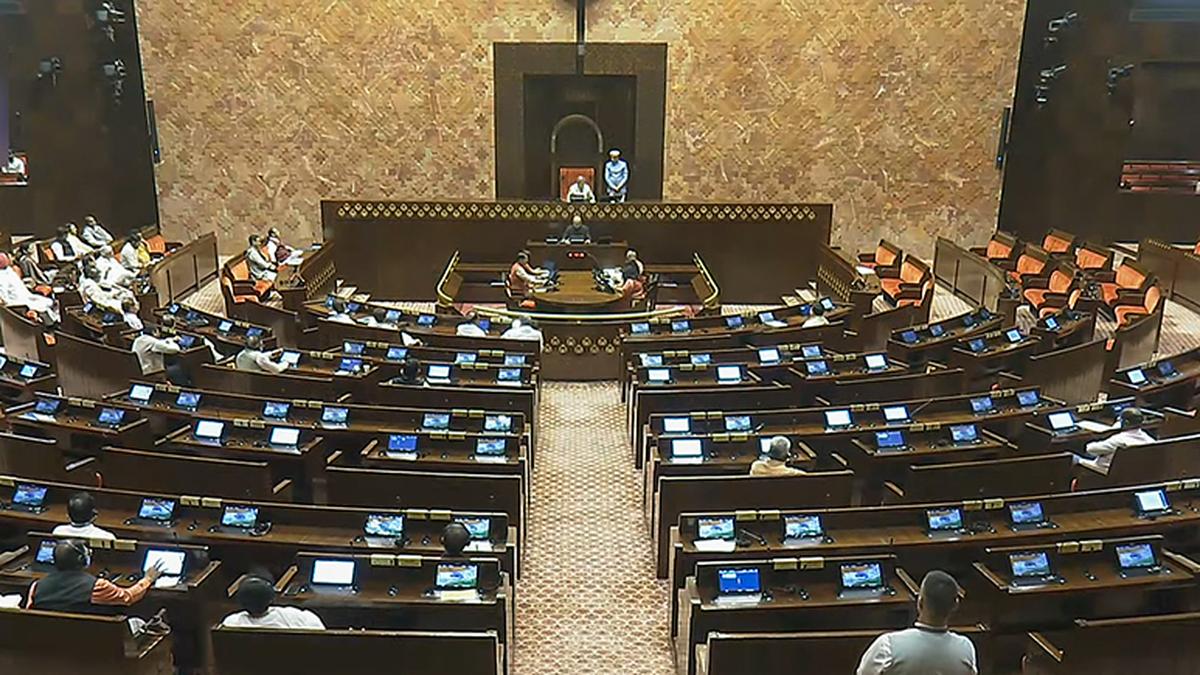Now Reading: Parliamentary Panel Urges Nationwide Notifiable Disease Status for Cancer
-
01
Parliamentary Panel Urges Nationwide Notifiable Disease Status for Cancer
Parliamentary Panel Urges Nationwide Notifiable Disease Status for Cancer

Quick Summary
- A Parliamentary Committee led by Narain Dass Gupta has recommended cancer be declared a notifiable disease across all Indian States and Union Territories.
- Current national cancer data comes from the National Cancer Registry Program,covering only 18% of the population,deemed insufficient for policy formulation.
- Declaring cancer notifiable woudl aid in better surveillance, real-time data generation, targeted interventions, resource allocation, and infrastructure planning.
- Recommendations include:
– High taxes/cess on tobacco to fund cancer research and care.
– Extensive campaigns in educational institutions for oral cancer awareness.
– Enhancements in domestic R&D and medical infrastructure with increased budgetary allocations for oncology-related research.
– Compulsory service norms or incentives to retain medical professionals domestically amid concerns over brain drain.
– A coordinated inter-ministerial strategy to address environmental risk factors like pollution and carcinogenic exposure through collaboration between health, environment, and agriculture ministries.
Oral Cancer & Medical Workforce
- India sees around 60,000 new cases of oral cancer annually, with over five deaths every hour-indicating high fatality rates among young individuals (40 years or younger).
- Increase in medical college seats is aimed at addressing geographic disparities but an exodus of professionals studying under subsidized schemes persists; compulsory service norms are suggested.
Environmental Factors & Drug Innovation
- Environmental pollution and agricultural carcinogens are critical contributors to India’s rising cancer burden.
- India relies heavily on imported oncology drugs due to limited domestic innovation-prompting calls for higher R&D funding.
indian Opinion Analysis
The recommendation to declare cancer as a notifiable disease signifies the intent toward comprehensive public health management supported by reliable data systems. This move could support policymaking by creating uniform documentation across states while ensuring that India’s growing burden of cancers-aggravated by lifestyle changes and environmental hazards-is aptly addressed. Emphasizing targeted campaigns against oral cancers, which disproportionately affect young populations due to widespread tobacco use, aligns with a preventive healthcare framework.
Resource constraints remain evident despite expanding medical education capacities; addressing regional inequities alongside tackling the loss of trained personnel overseas will require aligning policy priorities like mandatory national service with attractive employment benefits domestically.
Lastly, the reliance on imported drugs underscores a gap in India’s biomedical innovation ecosystem.Enhancing budgetary focus on oncology R&D could serve as both an economic opportunity and a driver toward affordable healthcare solutions tailored to local needs-a vital step given India’s position as a global healthcare provider.
For full details: Read More
























